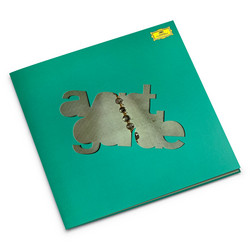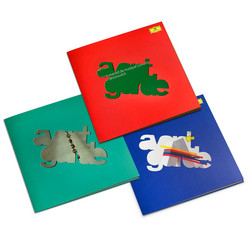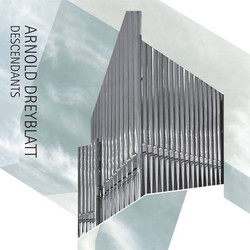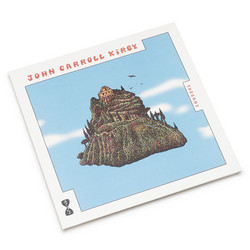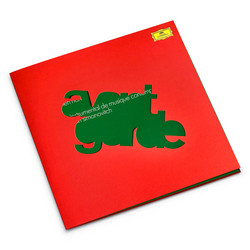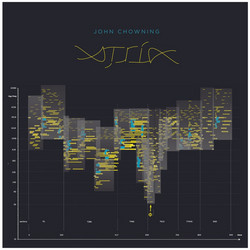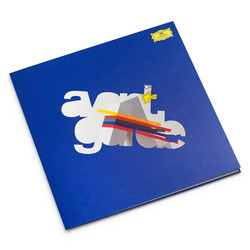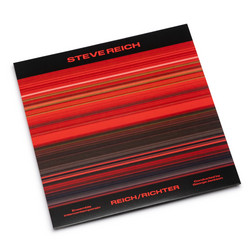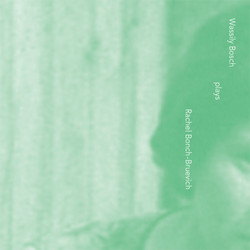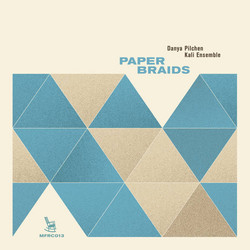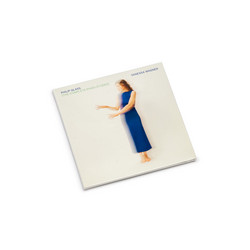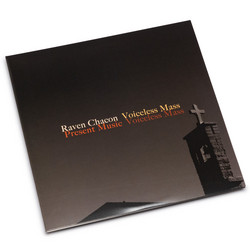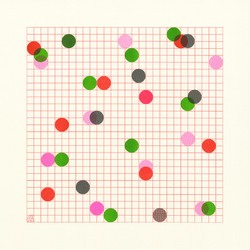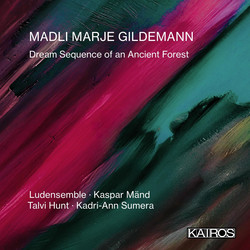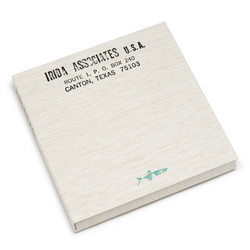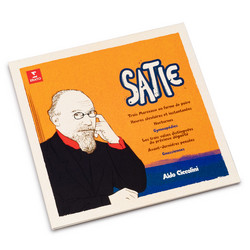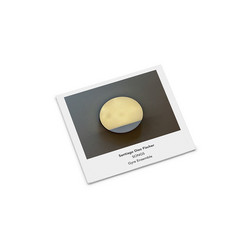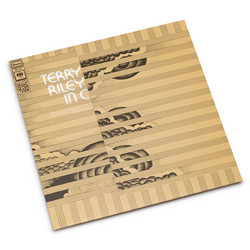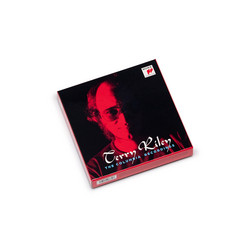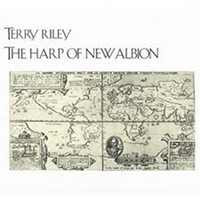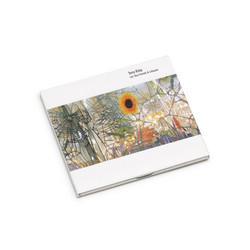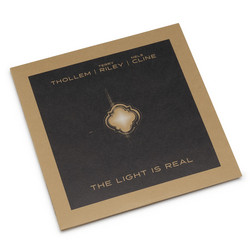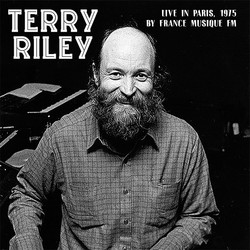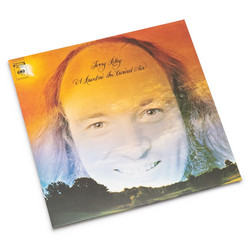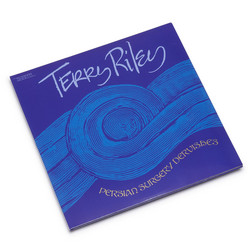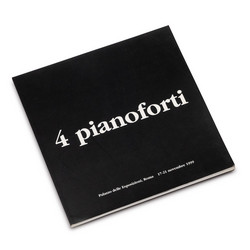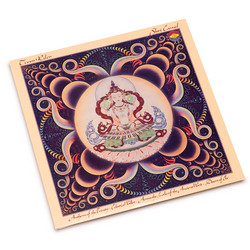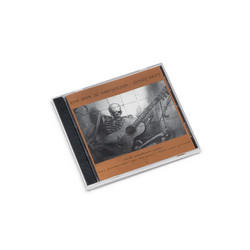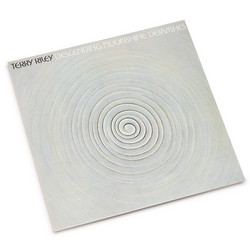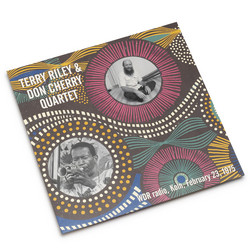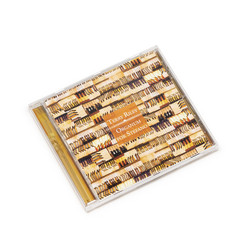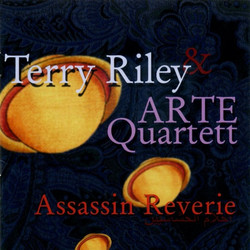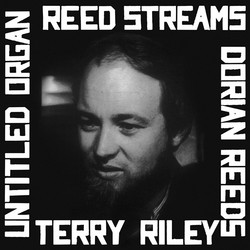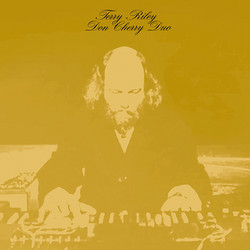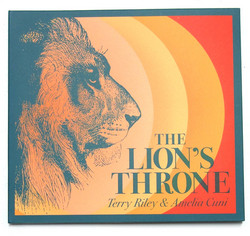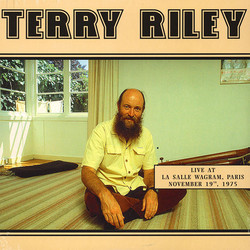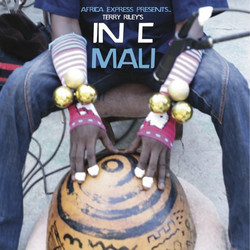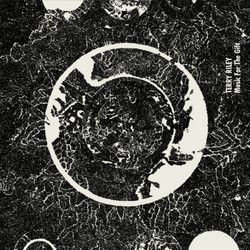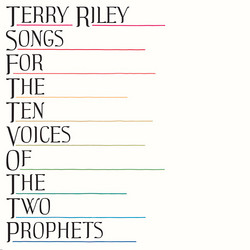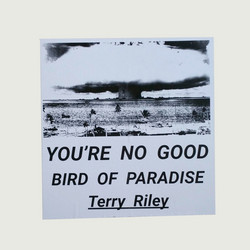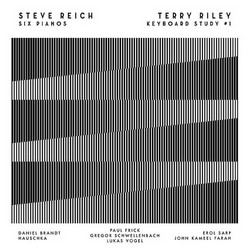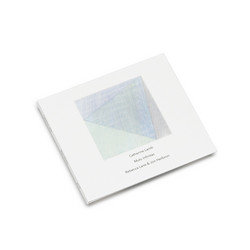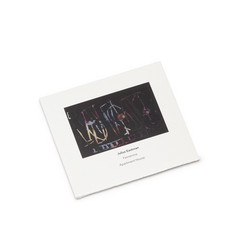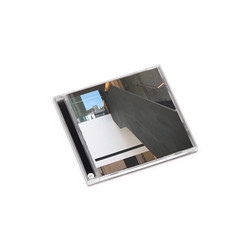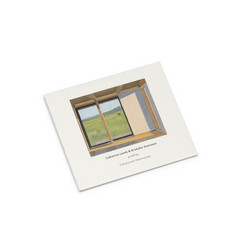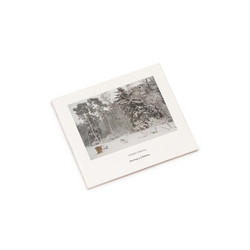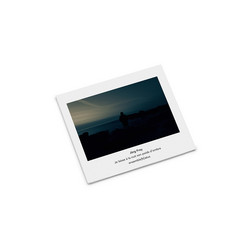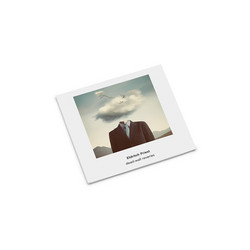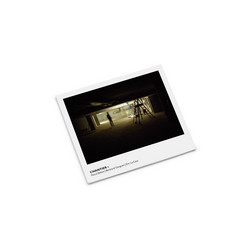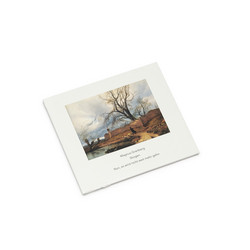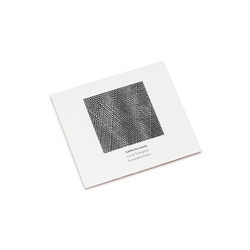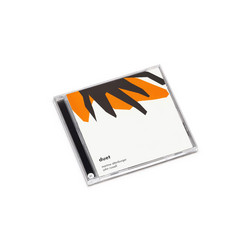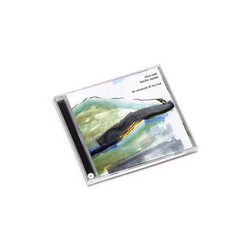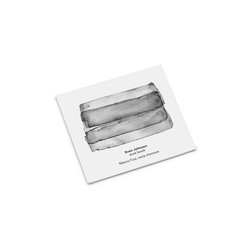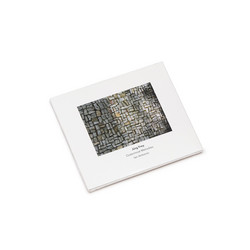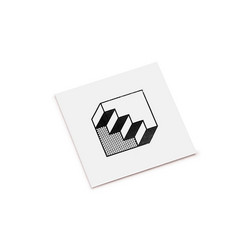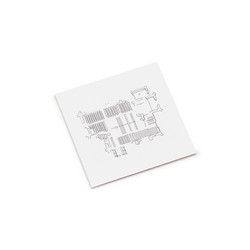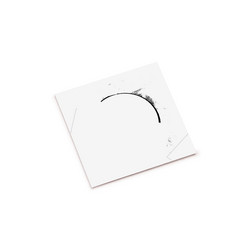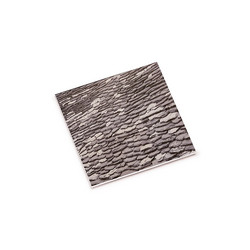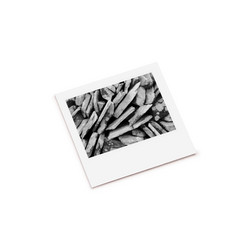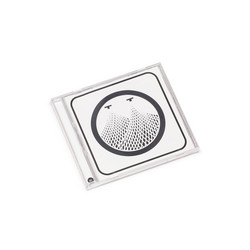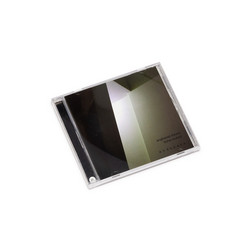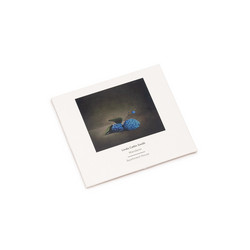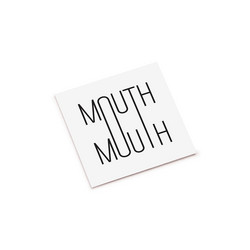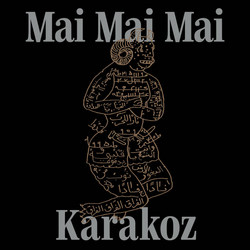Terry RileyFeaturing: John Tilbury
Keyboard Studies
Keyboard Studies offers a rare portrait of the intersection between two towering figures in experimental music - Terry Riley, whose minimalist innovations shaped a generation, and John Tilbury, renowned for his profound artistry and depth of insight across postwar classical and improvisational landscapes. Rather than focusing on individual works, the release as a whole stands as a testament to the kindred spirits of composer and performer, illuminating how their musical worlds enter dialogue through time, sound, and interpretation.
With this album, listeners encounter not simply a set of performances but a meeting of sensibilities: John Tilbury’s technical finesse, cultivated through decades in AMM and wide-ranging collaborations with names like Keith Rowe, Eddie Prévost, John Cage, Morton Feldman, and Cornelius Cardew, is harnessed here to serve Riley’s vision of cyclical form and improvisational openness. The result is music that moves far beyond routine or expected execution; instead, Tilbury inhabits Riley’s scores as living documents, finding new life and surprising resonance in their minimalist frames.
The ethos underlying Keyboard Studies is one of listening, patience, and transformation. John Tilbury draws out the expressive tension between fixed pattern and interpretive freedom, highlighting the subtle changes and human nuances in each repetition, each overlapping cell, each evolving texture. The connection to Riley is not simply technical but personal, reflecting an intimacy forged through friendship and shared artistic pursuit. Through the oscillation of harmony and the silent spaces between phrases, the recording opens a window onto the complexity and richness of these compositional voices. For both new listeners and long-time admirers, this album demonstrates how minimalist principles - once radical, now enduring - continue to yield new insights when approached with care and inventiveness. Keyboard Studies is less an archival document than a revelation, locating the core of Riley’s aesthetic in the meeting point between score and performer, and showing how John Tilbury's artistry can refract and reframe a familiar history with elegant authority.
